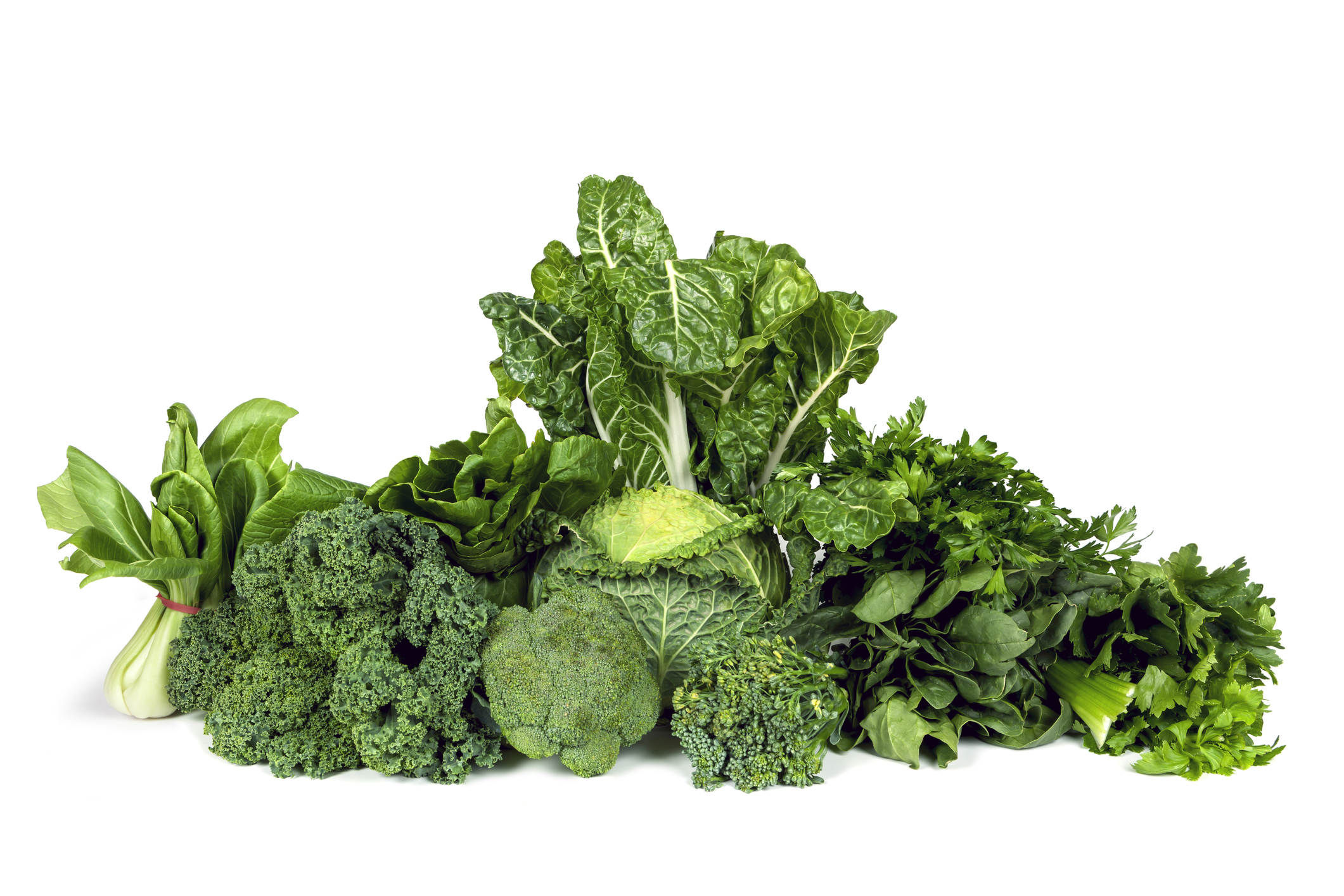What you eat is so important for good health. A nutritious, whole foods diet can help prevent chronic illness and cognitive decline and protect physical function in older age. While lean protein helps to preserve muscle mass later in life, recent research has also found that including just one cup of leafy greens in a daily diet can significantly improve muscle function of the lower limbs.
According to a recent Science Daily report, a new study published in the Journal of Nutrition from Edith Cowan University has found that people who ate a nitrate-rich diet primarily from vegetables had better muscle function in their legs. Poor muscle function is associated with a greater risk for falls and injury – a leading cause of hospitalization and disability among seniors.
The large-scale Australian study followed participants in Melbourne’s Baker Heart and Diabetes AusDiab Study over a 12-year period. People with the highest levels of regular nitrate in their diet demonstrated an 11 percent greater lower limb strength than participants with the lowest nitrate levels. Those with the highest levels also had a 4 percent faster walking speed.
The study brings into focus the importance of diet in the health and well-being of all people, and especially for older adults to help promote independence through good physical function. In combination with regular exercise that includes strength and balance training, seniors can preserve muscle mass and bone strength with a healthy veggie-rich diet.
Leafy greens like spinach, lettuce, kale or beetroot provide a beneficial daily boost of nitrates as well as many other essential vitamins and minerals for optimal physical function. It is recommended that adults eat a variety of vegetables, aiming for five to six serving each day. Cruciferous vegetables like broccoli and cauliflower may also help improve cardiovascular health.
Pro Tips – try throwing several handfuls of spinach in at the end of the cooking time in pasta, rice, soups and stews. The spinach will cook down quickly and be hardly noticed by picky eaters. Use large lettuce or baby kale leaves in place of wraps for sandwiches or try sautéing greens as a bed for fried eggs at breakfast.






Add Your Voice
0 Comments
Join the Discussion